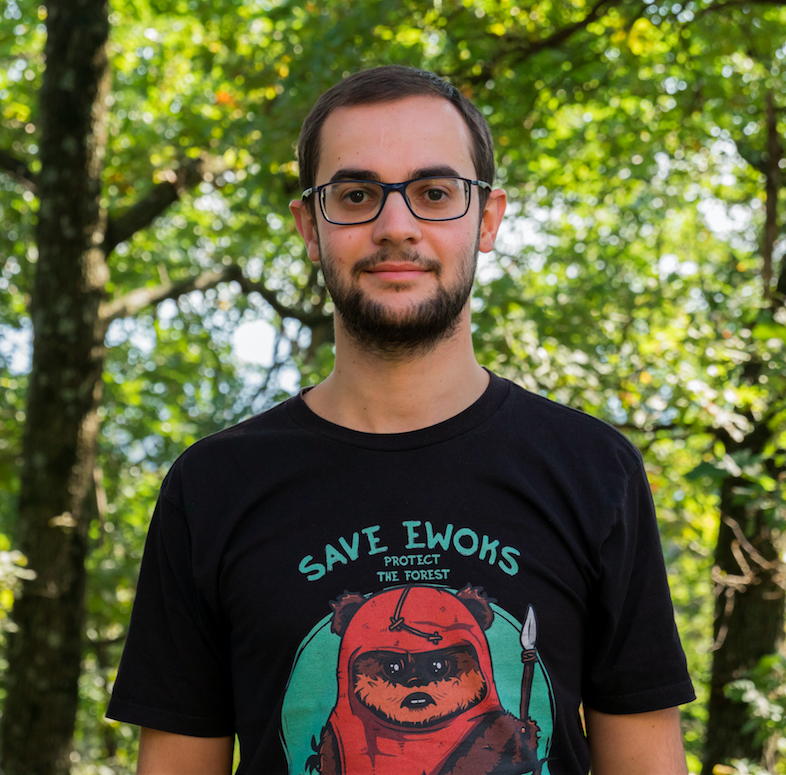Marco Tezzele holds an MSc in Applied Mathematics from the University of Milan, and a PhD in Mathematical Analysis, Modelling, and Applications from SISSA, International School for Advanced Studies in Italy, obtained under the supervision of Prof. Gianluigi Rozza. His Industrial PhD grant was financed by Fincantieri S.p.A., the largest shipbuilder in Europe, and it focused on model order reduction and reduction in parameter space for large scale applications in naval engineering.
In 2021, the Italian native won an ECCOMAS Award for best PhD Thesis in the field of Computational Methods in Applied Sciences and Engineering – a highly coveted European research accolade. Soon after, Tezzele and his wife moved to Austin and he joined the Oden Institute. He is currently a postdoctoral research fellow working with Dr. Karen Willcox at the Oden Institute. Here, he discusses how he is expanding his research expertise, his desire to make a real impact and how he is acclimatizing to Texan life.
In Italy his primary focus was on model order reduction and reduction in parameter space for large scale applications in naval engineering.
Tezzele worked in collaboration with cruise ship manufacturing company, Fincantieri S.p.A., in order to optimize the shape and structure of the ocean liner hull to reduce the environmental impact during the building phase. This research won him the aforementioned ECCOMAS award.
Tezzele says the Oden Institute was his first choice when looking for a postdoctoral position.
His timing couldn’t be better as the Oden Institute just announced the establishment of a major digital twin research hub funded by the Department of Energy: The Multifaceted Mathematics Integrated Capability Center (MMICC) on Multifaceted Mathematics for Predictive Digital Twins (M2dt). This new undertaking is led by Omar Ghattas, professor of Mechanical Engineering, and Karen Willcox, Director of the Oden Institute and professor in the Department of Aerospace Engineering and Engineering Mechanics at The University of Texas at Austin. The collaboration also includes experts from MIT, as well as three DOE National Laboratories: Argonne, Brookhaven, and Sandia National Labs.
